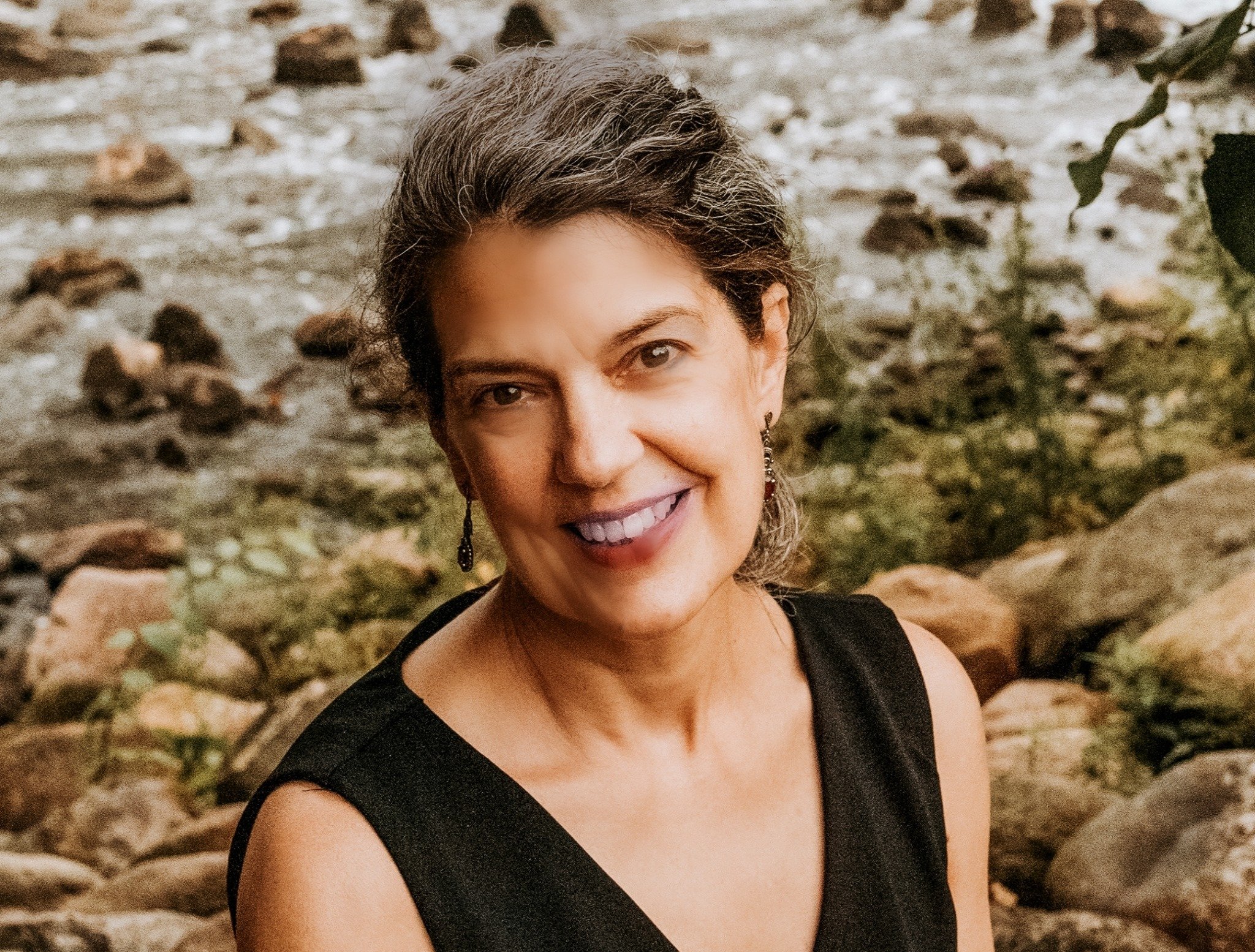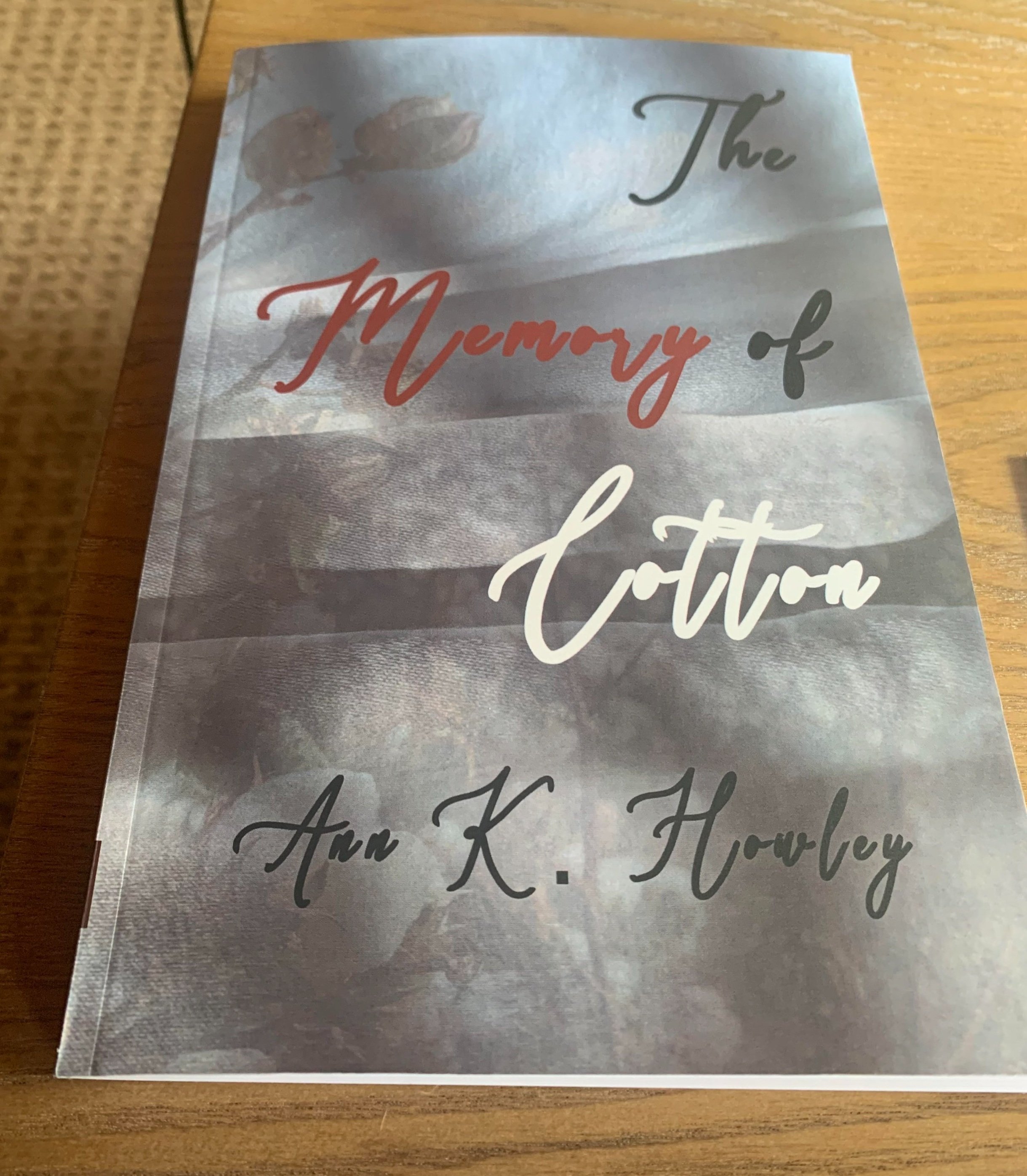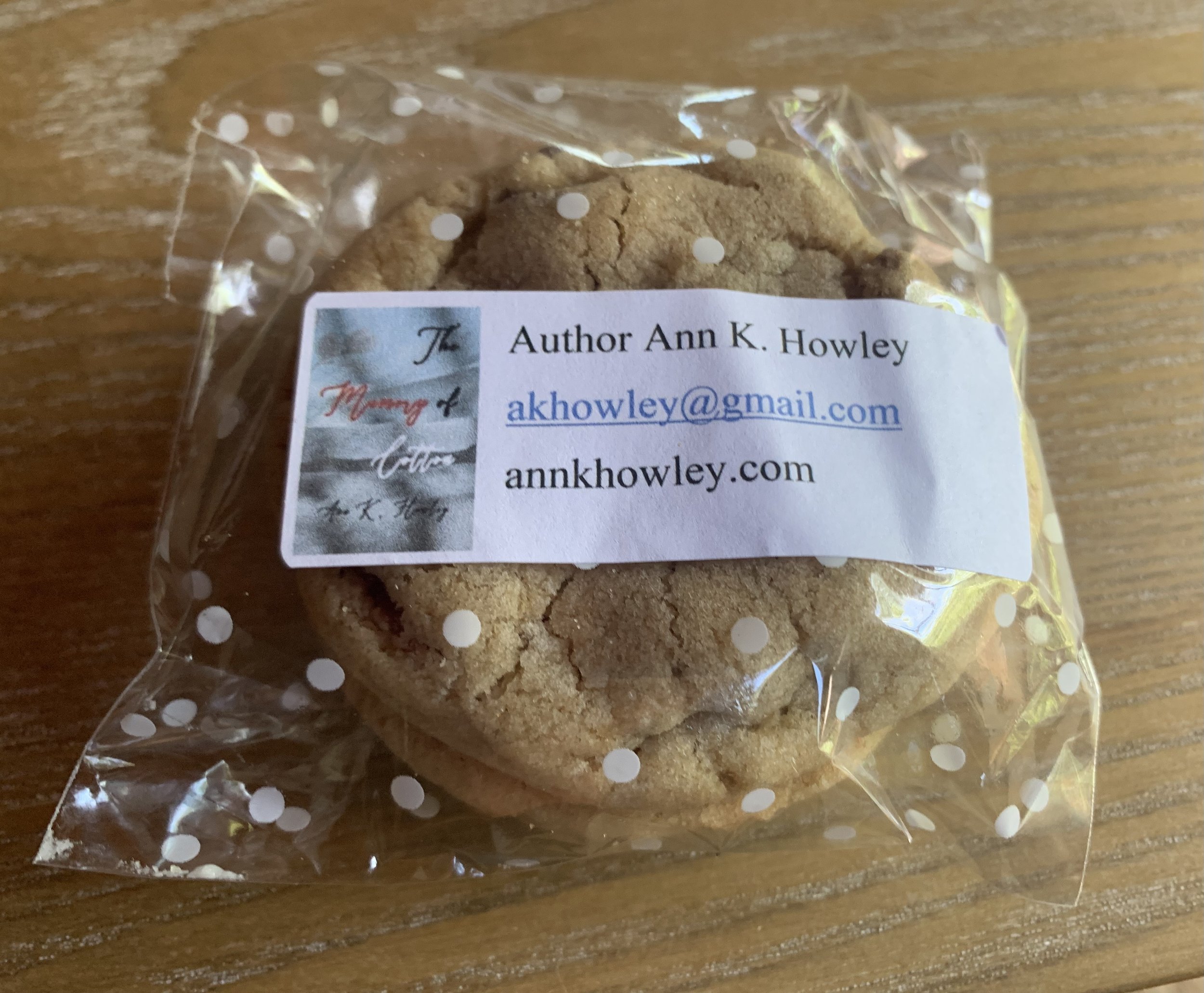Our Q&A is back! This month we are featuring Bethel Park author Ann K. Howley who recently released her debut YA novel, A Memory of Cotton.
Howley is an award-winning author. She writes for Pittsburgh Parent Magazine and her articles have appeared nationally in publications such as skirt! Magazine, Bicycle Times Monthly, and The Pittsburgh Post-Gazette. Her memoir, Confessions of a Do-Gooder Gone Bad released in 2014 is an honest and often funny account of being raised in a conservative evangelical Christian family in Southern California during the 1960s and 1970s.
Before making the decision to write full-time, she was a production assistant to producer Dean Hargrove on the Andy Griffith series, Matlock. Her duties often included reviewing script notes with Andy Griffith. She was also an administrator for a public accounting firm.
In addition to writing, she teaches writing courses for the Community College of Allegheny County’s community education program and hosts weekend writing retreats.
Howley’s decision to write, The Memory of Cotton, was not easy. It was inspired by a shameful family secret she discovered about 30 years ago. She learned her great grandfather had been a member of the Ku Klux Klan. Reconciling the facts with her feelings about her loved ones was difficult. Her desire to understand and make amends for a past she had no part in creating seemed impossible.
In the words of Malorie Blackman, “Reading is an exercise in empathy; an exercise in walking in someone else’s shoes for a while.” Howley may not be familiar with this quote, but she made the decision to write something that would open the hearts and minds of her readers. I consider this to be redemption of the highest order for Ann and her family.
After attending her standing-room-only book launch at the Whitehall Public Library, I decided our readers deserve to hear from Ann about her family secret and her experience writing The Memory of Cotton. Here are her answers to my questions.
1. Tell us about your family secret and how it has affected your family. The story of my elderly grandmother receiving her father’s KKK robe in the mail haunted me for years. It was hard for me to reconcile that my dear, sweet grandma had been raised by a racist. I learned later that one of my aunts was horrified to learn that even the religious community my grandparents were very active in was strongly affiliated with the Klan.
2. Did you discuss writing about this secret with family members? I discussed it with two of my aunts, who were very supportive. One aunt sent me old photos and documents to help me in my research.
3. You did extensive research on the activities of the Ku Klux Klan, especially during the time your great grandfather would have been a member. What did you discover? I researched the history of the Ku Klux Klan from its inception after the Civil War to the 1950s and 1960s. The most surprising thing I learned is that the original Klan, feared for its violence and brutality, was located primarily in the South, but died out by the turn of the 19th century. However, when the Klan revived in 1915, the organization spread to every major geographical area in the U.S. and boasted over 4 million members at its peak in the mid-1920s.
4. How did this information shape the plot of your novel and influence your decision to write in the Young Adult genre? The minute I felt compelled to write this story, I knew I had to tell it from the perspective of a teenage girl because I could never forget how mortified I felt when I learned the truth about my great grandfather.
5. How hard was it to write believable dialogue for teenagers and senior citizens? How did your mindset change when Shelby spoke to Darrin or Grandma Margaret? This was something that concerned me because, as this was my first work of fiction, I had never attempted to write dialogue for young and old people. It didn’t seem so hard with regard to senior citizens because I constantly asked myself: “how would my mother or grandmother express this?’ But I found it more challenging to “think” like a contemporary teenager, so I began to pay attention to nieces and nephews and watched YouTube videos with young people.
6. How many of your characters are based on family members? The character of Margaret James (GMa) was definitely loosely based on my grandmother. All other characters were conglomerates of several people, except for my husband’s cousin, Stevie, who died at 7 years of age in a tragic car accident.
7. According to Christian Nestell Bovee, “We fear things in proportion to our ignorance of them.” Darrin, with his encyclopedic knowledge of facts and a quote for every occasion, is a fascinating character. When did you realize how integral Darrin would become to the story? The farther I got into the story, the more I realized that Darrin was the bridge to every relationship and the catalyst for healing and redemption for character. In my opinion, he is the most important character in the book.
8. Are you concerned that including members of the LBGTQ+ community in your book and addressing the violence they faced and continue to face from hate groups will make The Memory of Cotton a target for groups who are trying to ban books? This scenario never occurred to me because I didn’t have a political motive when I wrote the book. I wrote this story because it reflects a real part of history that has never really been considered or discussed and it seemed like an important story to tell. If it is ever a target, I would feel ashamed, not of my book, but of the existence of such narrow minds.
9. We are living in an America where many people would like to sanitize history and not teach children about the injustices of our past. Why does an event from 60 years or 260 years ago still matter? As much as some people don’t want to think about unpleasant realities from our past, I believe that truth matters, even truth that is painful. When someone acknowledges historical injustice, I don’t think it means that the person has to take personal responsibility for the wrong. Recognizing injustice is a demonstration of pure empathy. In my mind, politics makes us angry, but empathy makes us human.
10. You decided to write about the positive healing effects of accountability by interweaving the struggles of your main characters with the exposure of this secret and their journey to set things right. Why is it important that their journey be both physical and metaphysical? The most important journeys we take in our life are in our minds and emotions, but a physical journey can be the vehicle that opens us up for the kind of introspection that we need to change and heal. A physical journey is not just a literary device, but a valuable lesson in the real world.
11. Grandma seems to find peace, but Shelby and Darrin are still works in progress. Do you have future plans for Shelby and Darrin in another book? I think Darrin in particular has a lot of unexplored past and unfinished future so, yes, I am contemplating writing another book that focuses more on Darrin’s story.
12. You seem so comfortable writing in the YA genre. Have you found your niche, or will you be exploring other writing genres? Wow! Thank you. I never would have expected YA to be my niche, but it does suit my style and writing temperament, so yes, I would like to continue writing this genre.
13. Where can our readers find The Memory of Cotton and Confessions of a Do-Gooder Gone Bad? Both are available on Amazon, Smashwords, B&N.com, Apple Books, Walmart.com. and can be ordered from any bookstore. In addition, The Memory of Cotton can be purchased from the publisher’s website at propertiuspress.com/our-bookstore
14. Are good reader reviews for authors and their books important? Where can readers post their reviews? YES YES YES! Reviews are very important to give visibility to an author’s work. Amazon and Goodreads are prominent community review sites, and I am very grateful for every reader who takes the time to write a brief review.
15. What are you currently working on? While I contemplate another Cotton book featuring Darrin, I am also working on a story about a boy in heaven who teams up with his sister’s former pet rat to try to prevent her from getting into big trouble on earth. It’s a really fun story to write.
16. Do you have any upcoming book signings or writers retreats we should know about?
· Next author event in the Detroit area on July 14, 2022. See my website for details: annkhowley.com
· I am also excited to announce that on Saturday, September 10, 2022, I will be presenting a ½ day BookCamp at CCAC’s downtown campus for writers and wanna-be writers to learn more about the craft of writing and the path to publication with a panel of CCAC community education students whose books have been published. Registration will be open soon.
· Quite a few people have asked me when I’m going to host another weekend writing retreat, so I would love to schedule one for early next year if it is safe enough to do so.









